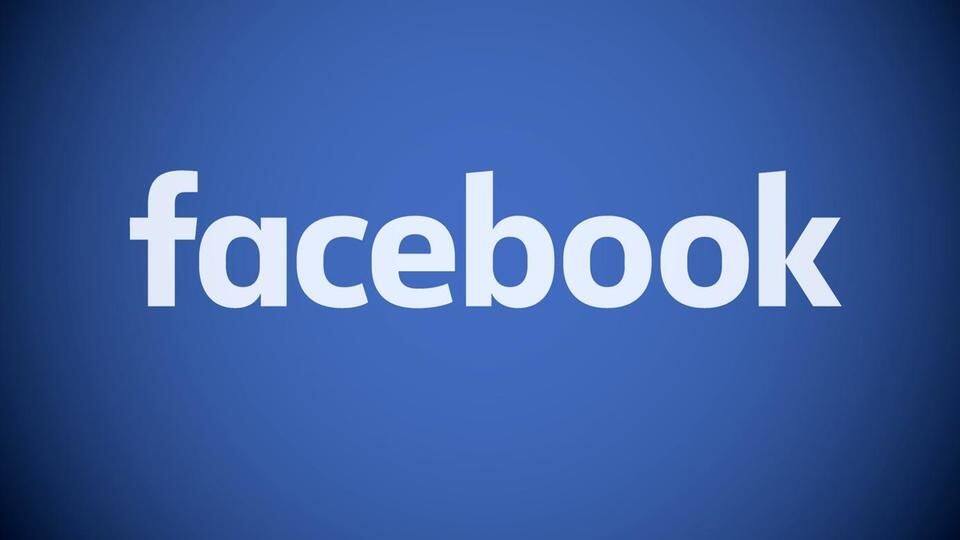
Facebook: Russia-linked posts reached 126 million American users
What's the story
Facebook has revealed that at least 126 million Americans have seen political adverts posted by Kremlin's operatives both during and after the 2016 US presidential elections. This comes amid mounting evidence indicating that Russia did interfere in the 2016 elections through various means. Facebook released the information ahead of a senate hearing on Russian influence on popular social media platform. Here's more about it.
23 Sep 2017
Facebook to share Russia-linked political campaign details with US authorities
On September 23, Facebook conveyed that it would share information, related to a Russia-linked political campaign which spread false messages to American voters, with US investigators. In a live address on his profile, Facebook founder, Mark Zuckerberg stated that they would share 3,000 such adverts with authorities in charge of the Russia investigation. He added that Facebook would aspire to be more transparent.
Context
Multiple agencies investigating the Trump campaign's ties with Russia
US intelligence agencies believe that Russia meddled in the 2016 presidential election to help Trump win. The Justice Department, FBI and other congressional committees are now investigating these Russia connections. In a testimony before the Senate Intelligence Committee, former FBI director James Comey accused Trump of firing him to undermine the Russia investigation. Trump has repeatedly denied the campaign's links to Russia.
Details
Figures on the alleged-Russian social media influence campaign
Facebook had recently discovered numerous Russia-linked ads spreading politically divisive and inflammatory messages targeting American voters. According to new information, around 80,000 posts were published in between 2015-2017 by a Russian company with direct ties to the Kremlin. Meanwhile, YouTube discovered at least 18 channels posted by Russia trolls; Twitter tracked down and suspended 2,752 accounts linked to the Russia-based Internet Research Agency.
Author's take
What to make out of all this?
The discovery that Russia may have used social media as a political influence platform comes as a rude shock to social media giants such as Facebook and Twitter. They are now likely to come under pressure to: 1) increase transparency in political advertising; 2) possibly stifle voices that raise inflammatory, seemingly anti-national issues. This also highlights the negatives of border-less information flow in cyberspace.